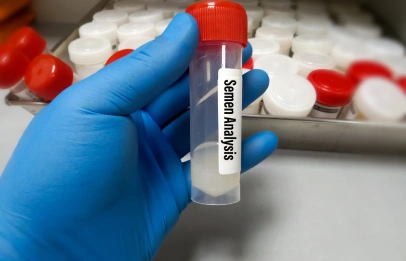
A semen analysis looks at volume and quality of a man’s sperm. It involves collecting sperm (preferably on site, at the clinic) and evaluating it in our laboratory. A man masturbates to produce a semen sample. The laboratory personal check the semen sample for: PH level(acidity): normally 7.2-8.0 Semen volume : normally >1.5 cc Sperm concentration : normally > 15…
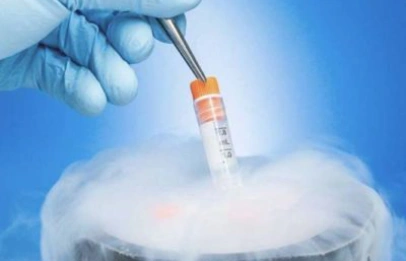
Embryo freezing (cryopreservation) stores fertilized eggs for later use. Our IVF program has been using embryo vitrification (freezing) since 2015 with excellent success rates. In young patients or those who have high ovarian reserve, it is likely that excess embryos will result after IVF, hence the advice to freeze them. Vitrification doesn’t harm embryos and is associated with a high…
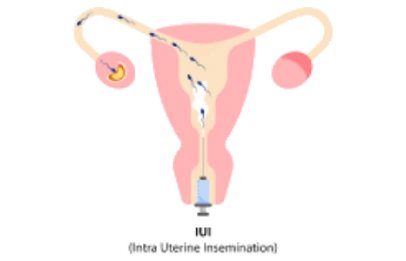
Intra Uterine Insemination (IUI) is a procedure that involves placing sperm inside a woman’s uterus to facilitate fertilization and is a form of assisted conception. Stages of IUI On day 3 of the cycle, the patient usually starts stimulation with medications (either injections or tablets) to induce multiple egg development. The patient is then monitored with ultrasounds until follicular size…
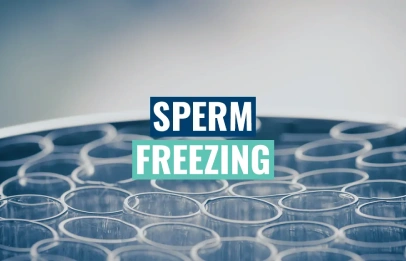
Sperm freezing, also known as sperm banking or sperm cryopreservation, is intended to collect and freeze sperm for future use. After thawing, frozen sperm can be used for intrauterine insemination (IUI) or In Vitro Fertilization (IVF). Reasons to freeze sperm include: Sperm banking before undergoing chemotherapy, radiotherapy, prostate or testicular surgery. Preserving fertility before getting older (usually advisable before the…
Your first menstrual period occurs around age 12. It is normal to have irregular cycles from 1 – 2 years. Your fertility peaks from your late teens through your late 20s, and then begins to decline. In your 30s, your chance of miscarriage begins to increase. In your 40s, you will begin the transition from reproductive years into menopause. The…
The Objective of infertility treatment should be the birth of a single healthy child. Many couples view multiple gestation as desirable because they are unaware of the risks on both mother and baby. Such risks are: Preterm birth in 50% of twin and 90% of triplet pregnancies. A triplet is 20 times more likely to die in first month of…

Microscopic Testicular Sperm Extraction (micro TESE) is a new surgical technique, performed by skilled urologists, to retrieve sperm directly from the testicles of men with non-obstructive azospermia. It is a more advanced version of testicular biopsy whereby a small incision is made in the testes, tissue is inspected under a visual amplification tool until healthy tissue is identified and analyzed…
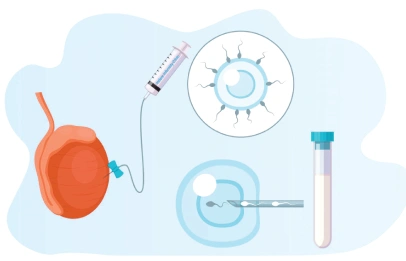
Testicular Sperm extraction (TESE) Tese is a non-invasive procedure to collect sperm directly from testes. It is done if there are no sperm found in the ejaculate. It is usually carried as a day case surgery under local anesthesia or mild sedation. During the procedure, a special needle is used to aspirate testicular tissue which is analyzed under microscopy for…
